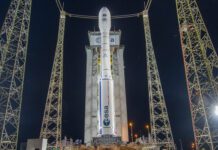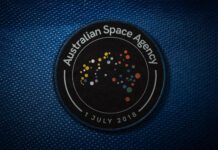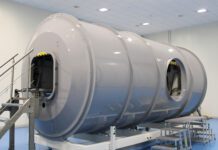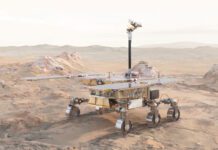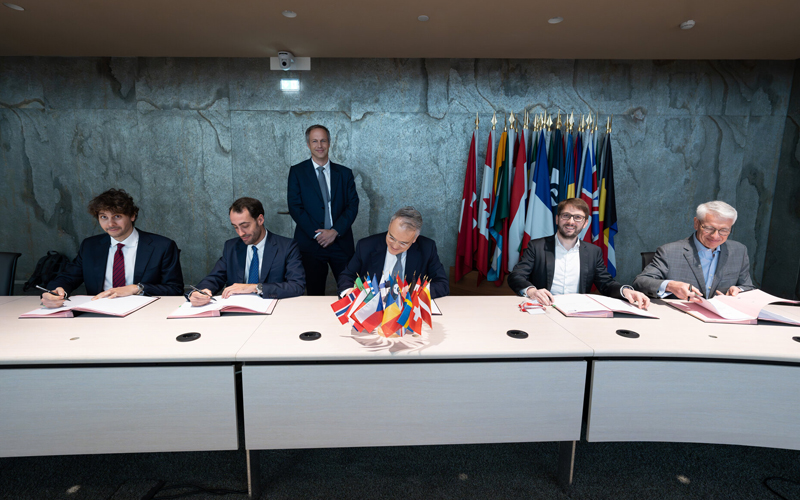
The European Space Agency awarded four contracts to industrial partners on 29 May to study solutions for future European expendable and reusable launch systems covering micro/mini, medium, heavy, and human-rated applications.
The four companies that received study contracts were ArianeGroup, Avio, SENER, and The Exploration Company.
The studies are intended to expand on the work done for the agency’s Vision 2030+ initiative which was initiated by the ESA Space Transportation directorate in August 2021. The baseline for the initiative envisions small, medium, and heavy space transportation systems which are all based on a common set of building blocks.
ArianeGroup has already introduced a framework for its vision of the future of European launch that is built around this philosophy. The framework leans heavily on the work ArianeGroup has done under ESA contracts to develop the Prometheus rocket engine and the Themis reusable booster demonstrator. The reusable microlauncher being developed by MaiaSpace, which is a subsidiary of ArianeGroup founded in 2022, is developing the first of the building blocks that ArianeGroup envisions as being the backbone of its launch solutions post-Ariane-6. ArianeGroup was also awarded a separate ESA launch vehicle study contract earlier this month under the agency’s PROTEIN initiative, which aims to examine potential reusable heavy-lift launcher solutions.
Avio is also well on its way to developing the building blocks for a future launch system. The company has previously received funding from ESA for its M10 upper stage methalox engine which it has already started testing. In June 2022, Avio received over €280 million from the Italian government to develop the M60 first stage methalox engine and a reusable rocket demonstrator. In March, the company received another €55 million to develop a new “green” liquid propellant engine for future in-orbit servicing and space logistics applications.
The Exploration Company is developing Nyx, a reusable modular spacecraft that is expected to first serve as a returnable robotic mini space station. The company does, however, envision significantly more ambitious applications, including utilising the spacecraft to carry European crews and act as a lunar lander. The company is working towards launching an initial scale version of its return capsule aboard the maiden flight of Ariane 6.
Spanish space tech company SENER is the least obvious selection of the four. The company has, however, an extensive portfolio of launch-related projects. The company was involved in developing the navigation unit for Vega C and has also been contracted by Australian launch startup Gilmour Space to develop the autonomous flight termination system for its Eris launch vehicle. SENER is also developing the guidance, navigation, and control system for the return module of ESA’s Space Rider spacecraft.
The results of the four studies will be used in support of preparing an informed debate on Europe’s future lunch vehicle requirements at the Space Summit which will be held in Seville, Spain in November.
Diverse answers?
According to ESA Director of Space Transportation Daniel Neuenschwander, the startup and legacy companies selected for this initiative “are expected to provide diversified answers and perspectives.” This seems an interesting point of view since, for example, three of the companies worked together to develop elements of Vega C. The Exploration Company will certainly have a different perspective, but the company’s focus is on spacecraft and not launch systems. It’s a little baffling that at least one of the more than a dozen European launch startups weren’t awarded one of these study contracts. One could argue that Rocket Factory’s Augsburg’s involvement in the PROTEIN reusable heavy-lift launcher study will give a voice to those startups, but it is not clear if there will be any overlap between the two initiatives.

